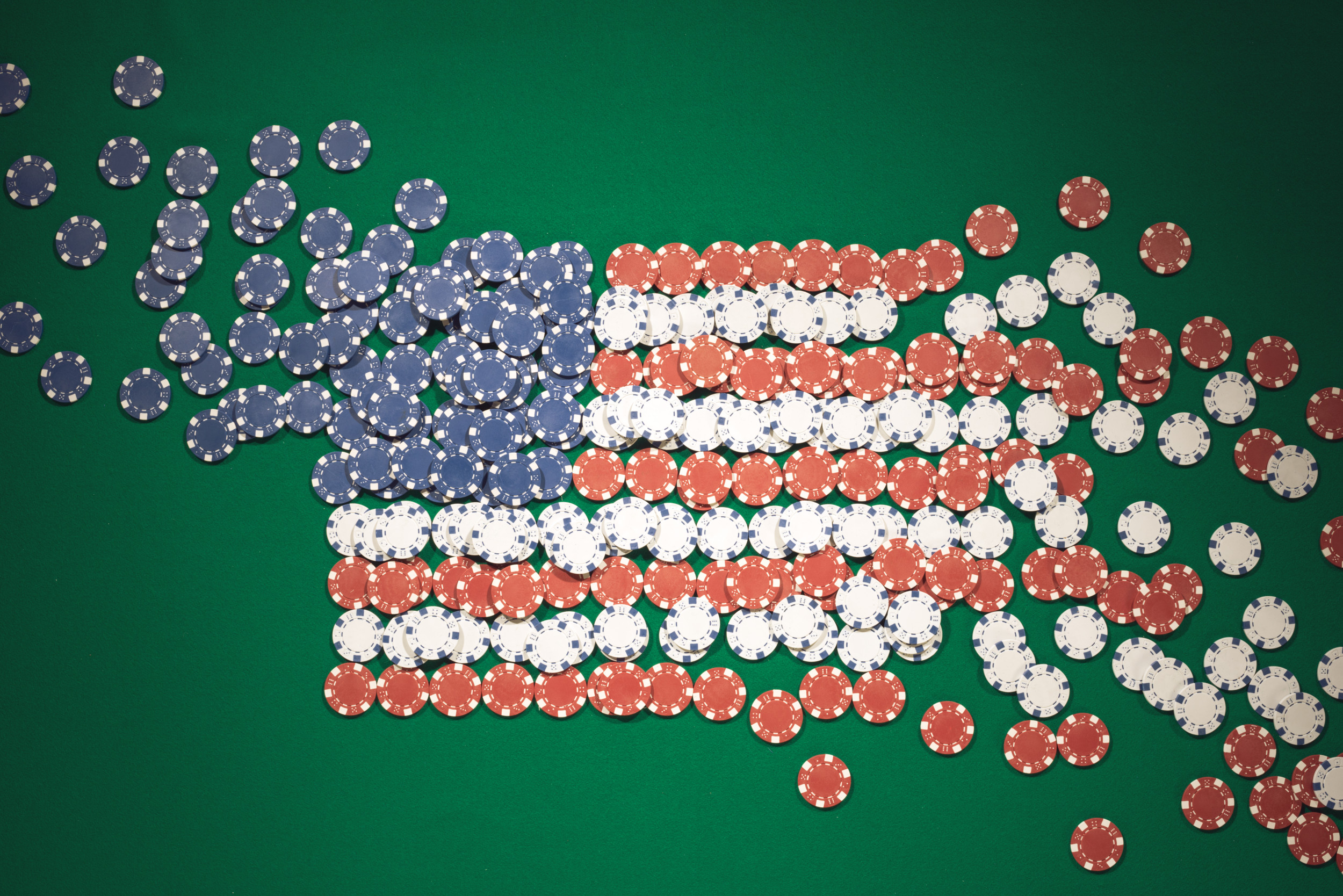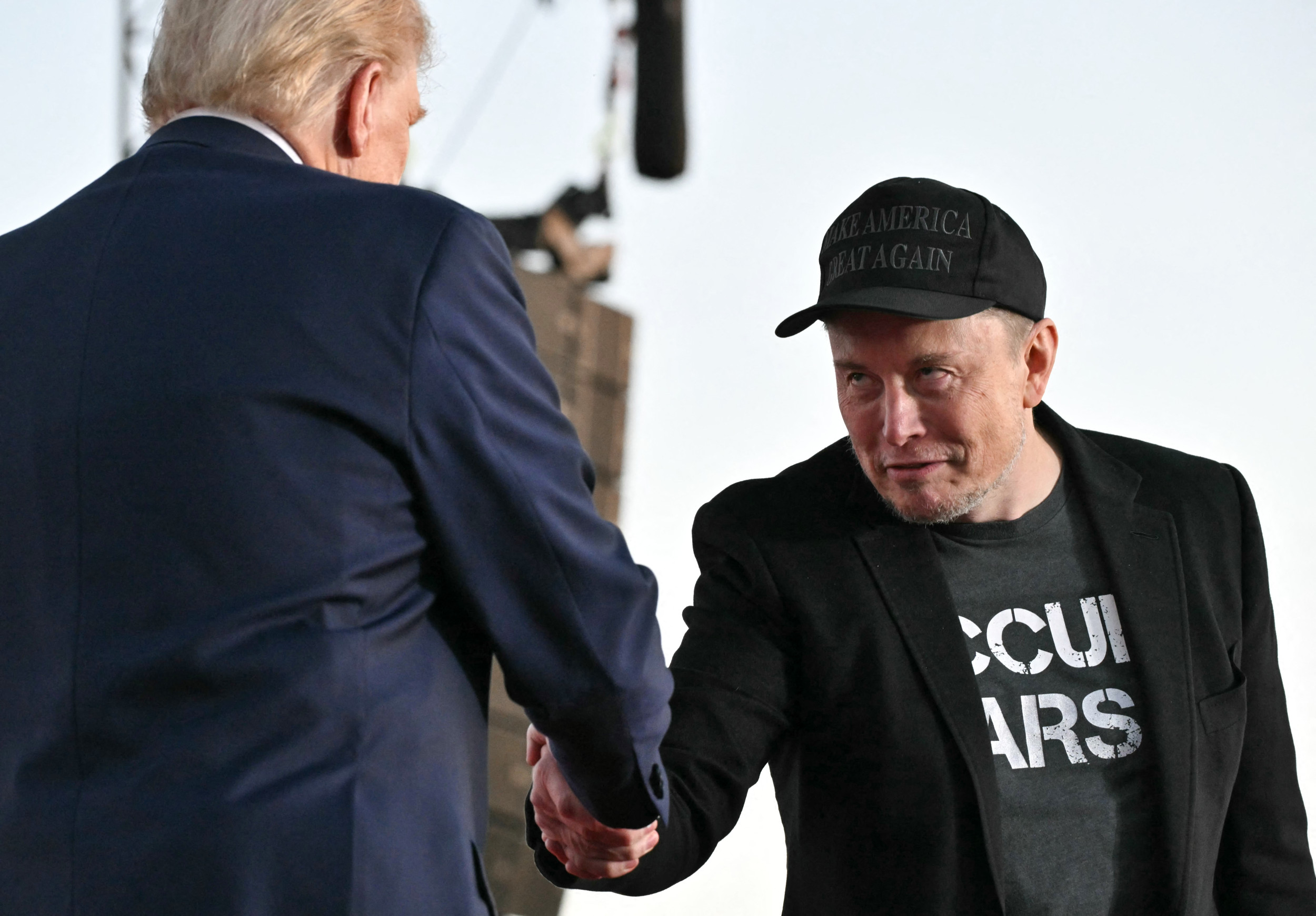
President Donald Trump describes China as the greatest external threat to American power. It is the world's largest manufacturing country, and the leading trade partner with more countries than is the United States. China is increasing its military budget, modernizing its forces in Asia, and increasing its nuclear arsenal. Now, it seems to be closing the gap in artificial intelligence. The Pentagon describes China as "the pacing challenge."
A serious strategy must neither underestimate nor overestimate a long-term threat. America has many problems, but overall, in the long-term competition, I would rather be playing the American rather than the Chinese hand. Imagine an entity from Mars visits Earth and sees two great powers locked in a strategic poker game. Using its x-ray vision to look into the hands of the two players, which would it bet to be ahead in 2040? Seeing that the U.S. holds seven higher-power cards in this game, it would bet on America.
One American ace is geography. While some argue that geography no longer matters in a borderless internet world, it remains important that the U.S. is surrounded by two large oceans and two friendly neighbors, while China has border disputes with half of its 14 neighbors, including India, which has now surpassed China in population.
Demography is a second high card for the U.S. China is in demographic decline, and the size of its labor force peaked in 2015. In contrast, the U.S. is one of the few developed countries with a rising population and labor force. While American birth rates are declining, its demographic position has benefitted from its history as a nation of immigrants, which China is not.
Economists say the answer to a declining labor force is to replace people with machines and robots that increase total productivity. Again, the U.S. holds the higher cards. China's total factor productivity of labor and capital has been declining, while productivity in the U.S. continues to grow.

The fourth card, technology, is a closer call. Over the years, the U.S. has been the leader in information technology, nanotechnology and bio-tech, but China is catching up as President Xi Jinping focuses on investment in frontier technologies rather than popular consumption. In some areas, such as mass transport, solar panels, lithium batteries, and electric vehicles, China is well ahead. While experts have generally believed that the U.S. had a year or two lead in artificial intelligence, China has gradually shortened that, as the recent announcement of DeepSeek's inexpensive large-language model illustrated.
America has another major power asset in finance and the role of the dollar. Sixty percent of global central bank reserves are held in dollars. The role of the dollar allows the U.S. to impose sanctions on other countries such as Iran and Russia. An additional source of leverage is the U.S. having become the words largest oil producer. While China wants to escape this leverage by clearing more of its transactions (including oil imports) in its own currency, the yuan will not become a global reserve currency until China develops deep, flexible capital markets and the rule of law.
Hard power is the ability to coerce and pay (sticks and carrots), but in the long run the soft power of attraction (honey) is also important. Since 2007, Chinese leaders have declared their goal of increasing China's soft power, but international opinion polls report that the U.S. is more attractive in more countries. American soft power comes as much from an open civil society as from government programs. In contrast, the Chinese Communist Party insists on tight party control of civil society. Chinese soft power is also limited by its border disputes. A Confucius Institute in New Delhi is not attractive if Chinese soldiers are killing Indian soldiers on the Himalayan border.
Finally, the U.S. benefits from its alliances. Combined with the U.S., the democracies of Europe, Japan, Australia, and South Korea represent more than half of the world economy. Added together, China, Russia and North Korea constitute only a fifth of the total.
Of course, holding high cards is not enough to predict the outcome of a poker game. The result also depends on the skills of the players. There is always the danger that they will play poorly. If Trump discards the American high card of alliances, or tries to stop rather than control immigration, or so overuses dollar sanctions that counties flee to other currencies, our imaginary Martian may lose the bet. Let's hope that the Trump administration assesses the strategic balance clearly and does not discard any of our high cards.
Joseph S. Nye is a former dean of Harvard's Kennedy School, former Director of the Belfer Center, and author of A Life in the American Century.
The views expressed in this article are the writer's own.









